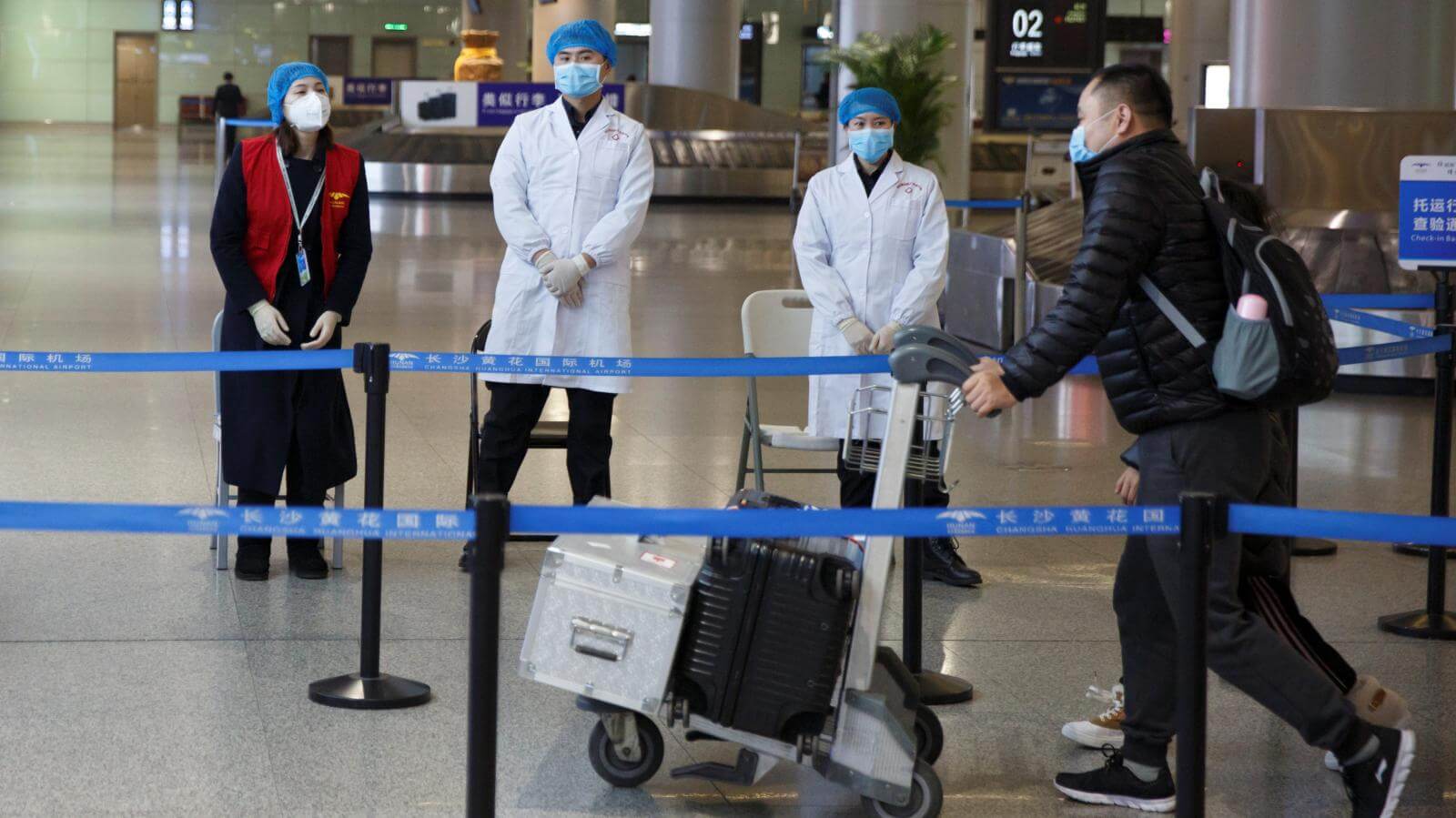A Chinese student landed in Nairobi reporting ‘coronavirus-like’ symptoms and has been placed in an isolation ward in the Kenyatta National Hospital (KNH). He is undergoing tests to confirm if he is infected.
There are a number of Chinese students in Africa and medical experts worry that there is a lack of infrastructure in place to be able to deal with the epidemic. Ethiopia, Kenya, Nigeria, and Uganda have implemented surveillance and screening measures at airports, with an emphasis on travelers arriving from Wuhan, the epicenter of the outbreak.
Ethiopia, too, has reported four suspected cases of the coronavirus among Ethiopians. All four had come back from a university in Wuhan, and have been placed in isolation.
The Ivory Coast was the first African country to test a suspected coronavirus patient. The 34-year-old student was traveling from Beijing.
As the death toll has surpassed 100 and the number of infected patients has gone past 4,000, vigilance is the need of the hour.
This is also expected to impact the continent’s economies. The African market is heavily dependent on China, and if the 2003 SARS crisis is any indication, then China is likely to prioritize dealing with the epidemic, rather than focusing on foreign economic policy, until the crisis has been averted.
Global investors are wary of the reliance of the countries like Nigeria, Kenya, and South Africa on the Chinese market. For instance, the Johannesburg Stock Exchange fell by 2.6% yesterday, the biggest decline in more than eight months.
With multiple Chinese cities now under lockdown, and millions of consumers saving their money on potential healthcare costs, this is sure to affect African agricultural exports like Namibian beef, Rwandan coffee, Kenyan tea, and South African wine and citrus.
Simultaneously, Chinese business and leisure travelers will reduce all non-essential travel and thus decrease passenger traffic between China and Africa. African airlines rely on students, workers, tourists, and businesspeople moving between the two regions.
The impact of this contagion on Sino-African ties leaves Africa highly exposed and vulnerable and has forced its countries to consider diversifying their trade and investment relationships.
Image Source: Quartz

